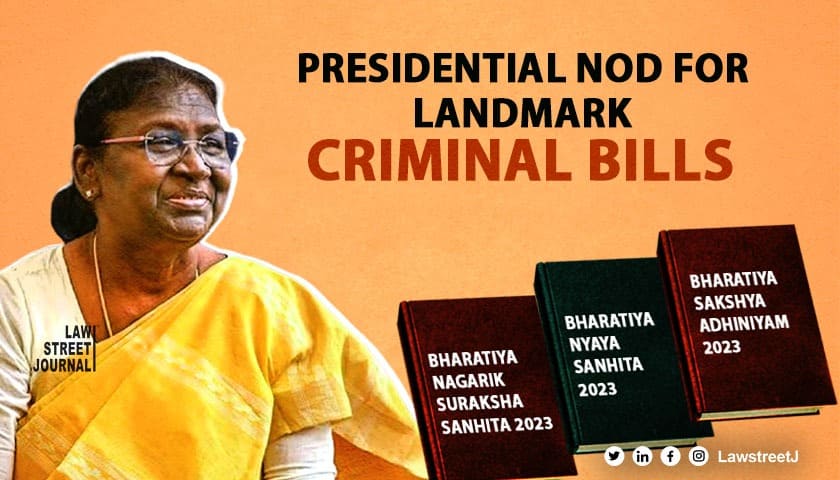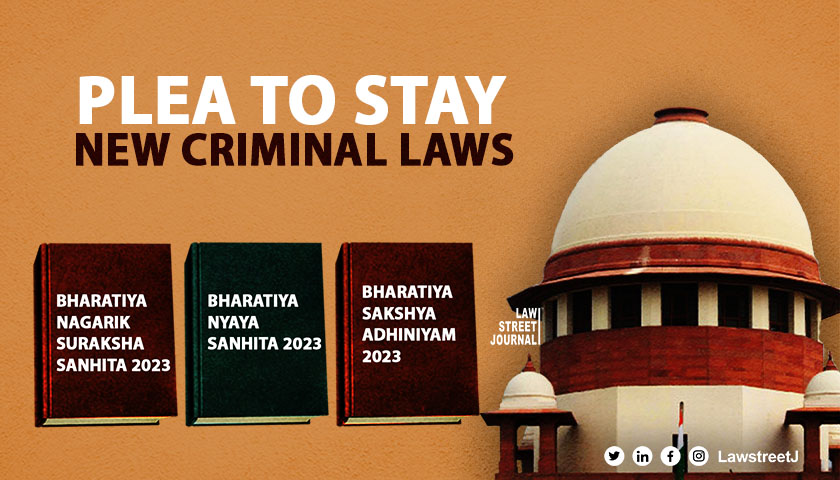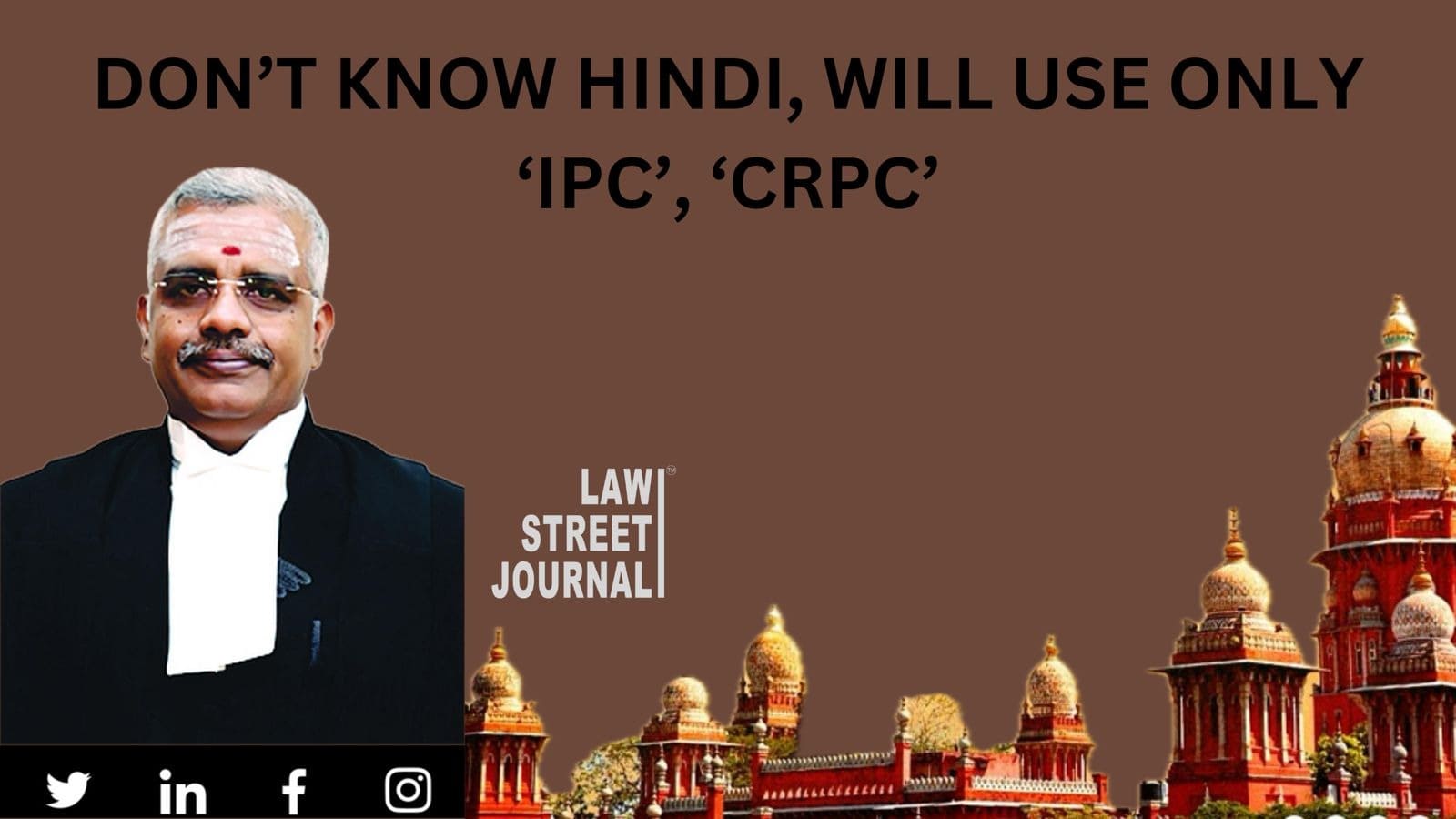NEW DELHI: In order to curb exam paper leaks and malpractices during recruitment and entrance exams, the Lok Sabha recently passed The Public Examinations (Prevention of Unfair Means) Bill, 2024.
As per an official press release issued in this regard, the rationale for the Bill is to specifically addresses issues related to unfair means while conducting exams that are not covered under the Bharatiya Nyaya Sanhita.
Union Minister Dr Jitendra Singh said that the legislation is aimed at safeguarding merit of the youth and well-being of children. The future of our youth up to 40 years of age, who comprise 70% of our population, is at stake, who are stakeholders in the Viksit Bharat of 2047.
Apart from recruitment examinations like UPSC, SSC etc and entrance tests such as NEET, JEE and CUET, the Bill will also cover entrance examinations held by the Union Public Service Commission, the Staff Selection Commission, the Railways, banking recruitment examinations and all computer-based examinations conducted by the National Testing Agency.
On the reasons for the Bill, Singh referred to several instances of exam paper leaks and other malpractices, due to which certain exams had to be reconducted.
There are several instances but prominently, in West Bengal, the Diploma in Elementary Education paper in November, 2022 was leaked, again in the same state in February, 2023 English paper leaked besides School Service Commission, West Bengal also leaked. In December, 2022 Teacher Recruitment Scam unravelled in Rajasthan while in February, 2022 the Rajasthan Eligibility Exam for Teachers was also plagued by malpractices and the exam had to re-conducted. In May, 2022 Rajasthan Police Constable Recruitment Exam was hit by a scam, he said.
Important Provisions under the Bill
The Bill is aimed at preventing organised gangs and institutions that are involved in unfair means for monetary gains, but it protects candidates from its provisions, as per the press release. Let us look at some of the important provisions of the Bill.
The Bill defines several offences in relation to public examinations and imposes rather
It prohibits collusion or conspiracy to facilitate indulgence in any unfair means. Unfair practises, under the scope of the Bill includes:
(i) unauthorised access or leakage of question paper or answer key,
(ii) assisting a candidate during a public examination,
(iii) tampering with computer network or resources,
(iv) tampering with documents for shortlisting or finalising of merit list or rank, and
(v) conducting fake examination, issuing fake admit cards or offer letters to cheat, for monetary gain.
Further, the Bill also prohibits:
(i) disclosing exam-related confidential information before time,
(ii) unauthorised people from entering exam centres to create disruptions.
Interestingly, the Bill proposes a punishment of three to five years of imprisonment to curb cheating and for those involved in organised crimes of cheating will face five to 10 years of imprisonment and a minimum fine of Rs 1 crore.
The Bill also puts in place certain responsibilities for service providers - i.e., any organisation that provides computer resources or any other support to a public examination authority.
In case of violations, service providers must report to the police and the concerned examination authority. Any failure to report such incidents will be an offence. If, the service provider themselves commit an offence, the examination authority must report it to the police.
The Bill also places an embargo on the service providers from shifting the exam centre without permission from the examination authority.
If the offences involving service providers were committed with the consent or connivance of any Director, senior management, or persons-in-charge, such persons also will be held personally liable. Punishment for them will be same as mentioned above.
Under the Bill, an organised crime is defined as an unlawful act committed by a person or a group of persons to further a shared interest for wrongful gain in relation to public examinations. And, the Bill specifies a higher punishment for organised crimes.
(i) Persons committing an organised crime will be punished with imprisonment between five years and 10 years, and a fine of at least one crore rupees.
(ii) If an institution is held guilty of committing an organised crime, its property will be attached and forfeited, and a proportionate cost of the examination will also be recovered from it.
All offences under the Bill will be cognisable, non-bailable, and non-compoundable. A Deputy Superintendent or Assistant Commissioner of Police will investigate the offences under the Act.
If it is proved that the accused had exercised due diligence, no action will be taken against them.

















